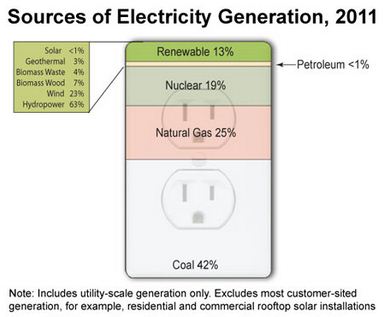ACORN Fertilized By Your Money
SEARCH BLOG: POLITICS and ACORN
Most of us are painfully aware of the financial crisis that has hit the country. As you might glean from earlier posts, I have been somewhat skeptical of the proposition that immediate, unchallenged, government action to take over failing portfolios is absolutely necessary. But there certainly is enough evidence that there are very serious financial problems within banking and investment firms that require some sort of response.
There can be all sorts of finger-pointing, but the fact is that a major artery has been cut and it appears there is a need for some emergency attention before the bleeding affects more parts of the body-financial.
There is about as much bi-partisanship being displayed as conceivable... given the election campaign in progress. Perhaps that is because the problem is worse than we have been told.
One of our friends who works at a large securities firm said that the extent of the problem has been still largely hidden... and what we might perceive as a serious knife cut may be more like a multiple stabbing that will take extended surgeries to repair.The fact that both Sen. McCain and Sen. Obama danced around the financial crisis during their debate immediately after their meeting in Washington, D.C. could be viewed as an indicator of just how serious things are.
There was a notable absence of laying the blame... which probably means there is so much blame and the problem is so serious that even mortal political enemies have to come together for survival... and both parties realize that the situation is well beyond the laying of blame for political advantage.That doesn't mean that a little political maneuvering isn't being attempted.
In case you have been on vacation in Borneo... from Heritage.org:Think about it. Your U.S. congressmen want to use your money to correct a situation they fostered and then, if there is any positive return, give a large chunk to an organization that was a big part of the original problem. Obviously, bi-partisanship has its limits.If I am reading this correctly, there is one huge presumption: there will be a profit from the "investment" of $0.7 to ??? trillion of our tax dollars. Given the government's record of meddling in the marketplace, I place the likelihood at somewhere around... nil.By popular demand we are posting the text of the provision in the House bailout bill that requires Treasury to divert 20% of all profits away from taxpayers and to left-wing advocacy groups like the Association of Community Organizations for Reform Now (ACORN).
SEC. 105. RIGHTS; MANAGEMENT; SALE OF TROUBLED ASSETS; REVENUES AND SALE PROCEEDS.
…
(d) TRANSFER OF A PERCENTAGE OF PROFITS.—
(1) DEPOSITS.—Not less than 20 percent of any profit realized on the sale of each troubled asset purchased under this Act shall be deposited as provided in paragraph (2).
(2) USE OF DEPOSITS.—Of the amount referred to in paragraph (1)—
(A) 65 percent shall be deposited into the Housing Trust Fund established under section 1338 of the Federal Housing Enterprises Regulatory Reform Act of 1992 (12 U.S.C. 4568); and
(B) 35 percent shall be deposited into the Capital Magnet Fund established under section 1339 of that Act (12 U.S.C. 4569).More on ACORN’s long history of fraud, deceit and intimidation here. [and here].
Regardless, just the idea that a special interest, politically-oriented, fraud-promoting organization should even get consideration by our government is repugnant.
It's a lot like everyone agreeing that surgery for knife wounds is needed to save the patient... and then a fund being established for the attacker from the victims insurance company.
ADDENDUM
10:00 AM EST updateACORN proposal looks like it may have been roasted. Could there be some modicum of common sense in Washington?
See what ACORN got in the July version of the bailout...






